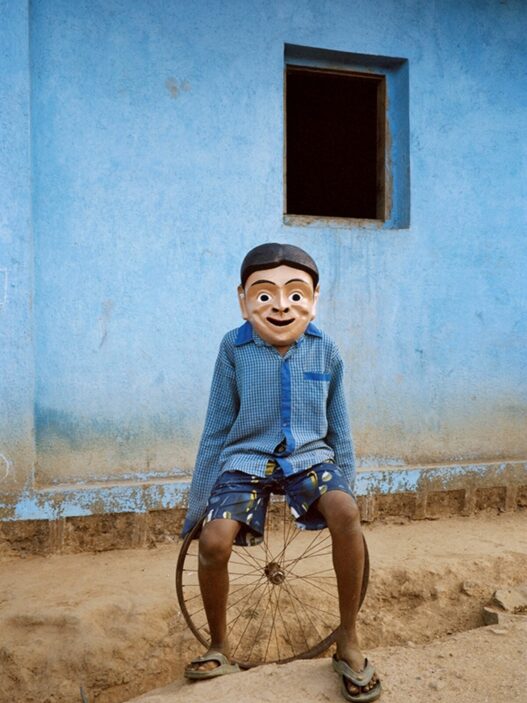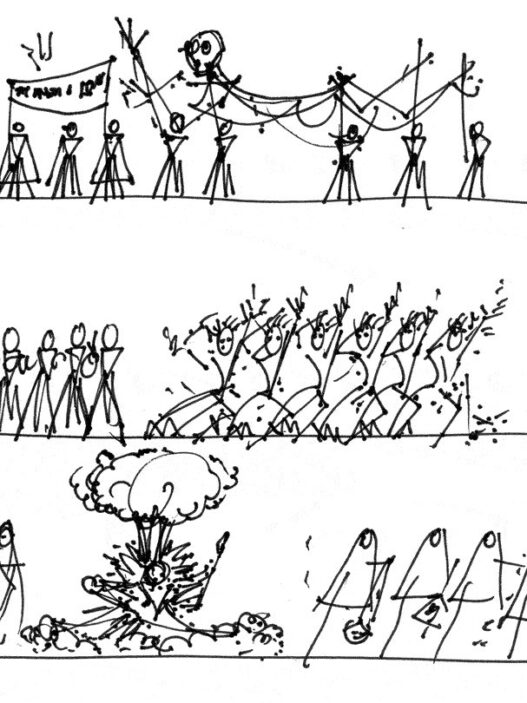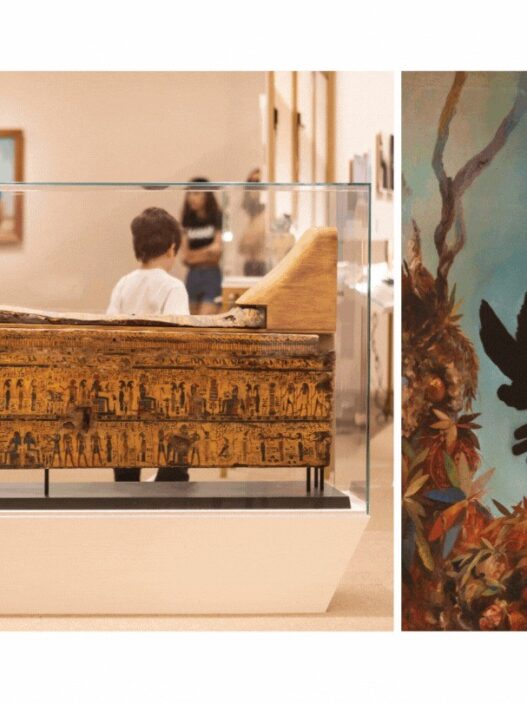October 12, 2022–January 22, 2023
The Mosaic Rooms is hosting Marwa Arsanios’ first solo show in London that is open to the public and explores her interdisciplinary work. The exhibition examines the effects of urbanism, capitalism, and ecological brutality. The vast projects of Arsanios look for alternative means of practicing a more peaceful relationship with the land as well as collectively resisting and reclaiming knowledge.
The unveiling of the artists’ reading area kicks off the exhibition. As part of the artist’s long-standing interest in language, politics, and cooperative processes, visitors are welcome to sit in the reading room and discuss books with one another. Here, Arsanios has chosen a number of works to spark conversation about opposing views to traditional patriarchal ideas in the fields of politics, ecology, anarchism, and feminist philosophy. In addition, visitors and program participants are asked to leave texts for others to read throughout the show. The reading room will also be made active through various scheduled reading sessions.
The paintings in the main chamber offer commentary on capitalism’s institutional structures and the long-term repercussions of the neo-liberal boom on socio-political and environmental issues. Using two examples, Falling is Not Collapsing, Falling is Extending critically examines the effects of Beirut’s increasing urbanization and capitalization since the 1990s. Arsanios considers the real estate boom and post-civil war redevelopment of Beirut’s city center. The film also examines the 2015 garbage crisis, during which hundreds of tons of trash clogged the streets. Resilient Weeds, a botanic repository of illustrations of plants and animals that can endure the poisonous levels of these places, is another component of the work.
The huge textile piece on display was created in partnership with the ladies of the town of Jinwar in Northern Syria during the Who is Afraid of Ideology series of movies. The artist’s design was an effort to convey the women’s own descriptions of the village’s vision. Manal Mohammad, Khansa Nouh, and Maha Jermani from the Sama organization used embroidery, a regional craft, to transform the pattern into a tapestry.
The blur between stage and backstage is used by the movie Amateurs, Stars and Extras or Labor of Love in another video installation to reflect on the labor of underpaid or unpaid domestic workers. The video examines the invisible job of care as it is experienced by domestic workers in many locations and geographies. This work is primarily conducted by women, who are frequently the key players in the home economy. The movie explores the role of extras in films as silent performers in connection to unpaid household work by switching between TV sets, behind-the-scenes footage, casting, and performing. Through the voices of syndicalists from the domestic workers’ syndicate in Mexico City, it emphasizes the radical potential of collective political endeavors to bring about change.
Reverse Shot, the fourth installment of the Who is Afraid of Ideology? series, serves as the exhibition’s epilogue. The movie starts off with a collaborative endeavor that aims to change the status of a privately owned piece of land in Lebanon’s north to a common or social waqf. The intention is to promote user rights over owner rights. Only those without land of their own would use it for agricultural purposes. The movie depicts this process while also reflecting on how land resists property by nature because it is a living thing. Geological, historical, legal, and agricultural links provide a chance to consider creating new relationships with the land.
As part of the exhibition, a selection of posters by the artist will also be installed off site in public locations throughout London from October 10 until October 23, 2022.
The public programme accompanying the exhibition features artists, activists, and scholars whose work and research explores how to organise with and from land as a focal point. Full programme can be found on mosaicrooms.org.
The Mosaic Rooms
226 Cromwell Road
London SW5 0SW
UK
Hours: Tuesday–Sunday 11am–6pm
T +44 73709990
info@mosaicrooms.org




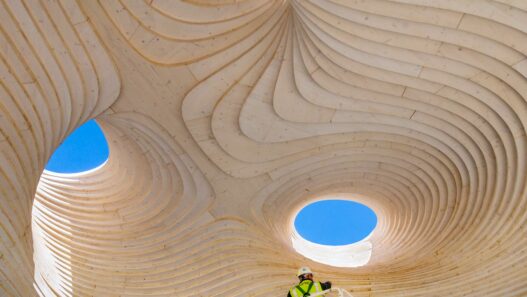

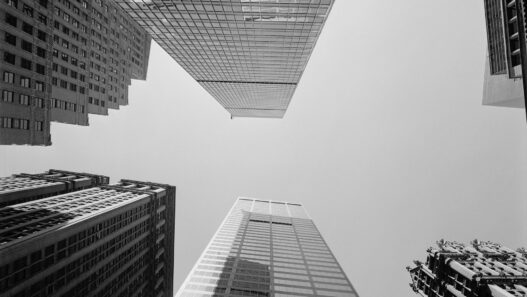

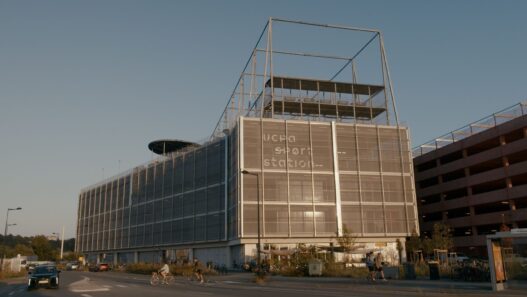
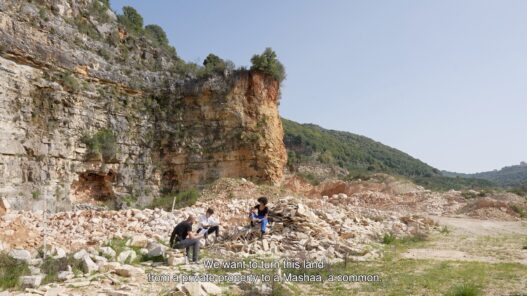
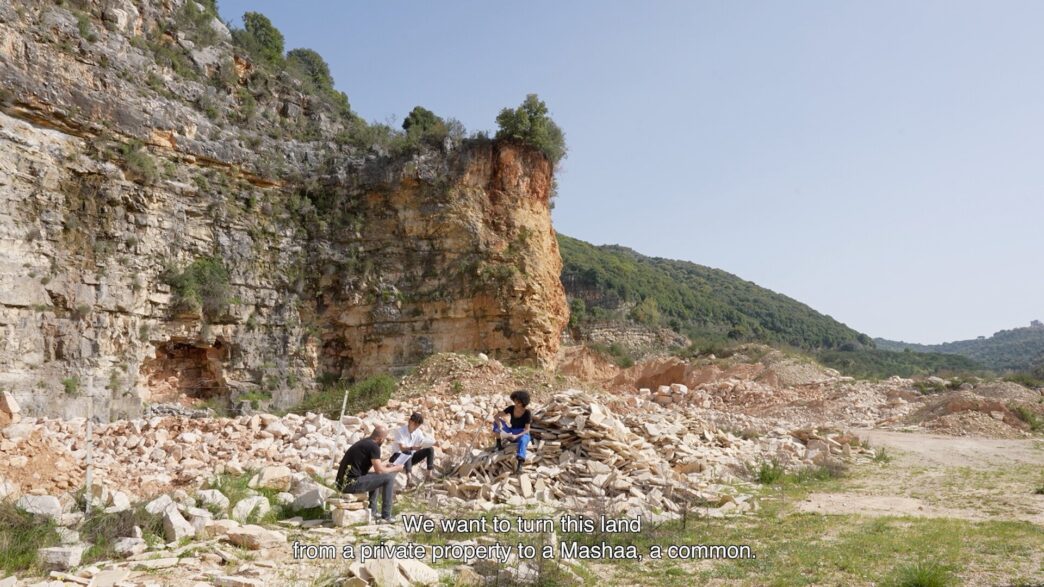


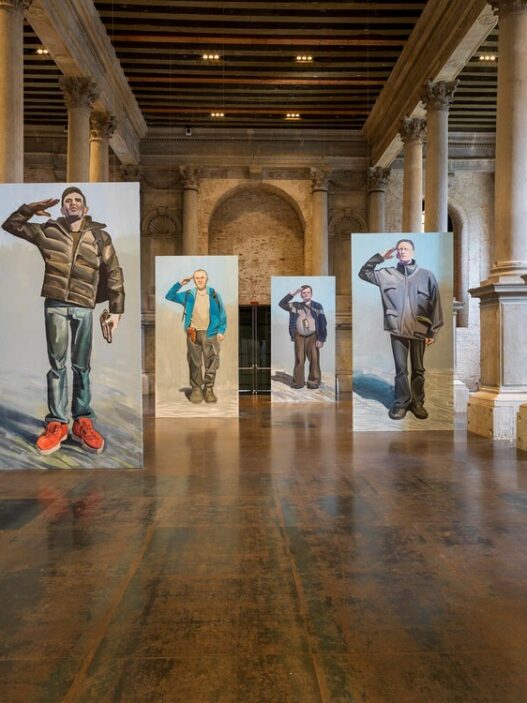
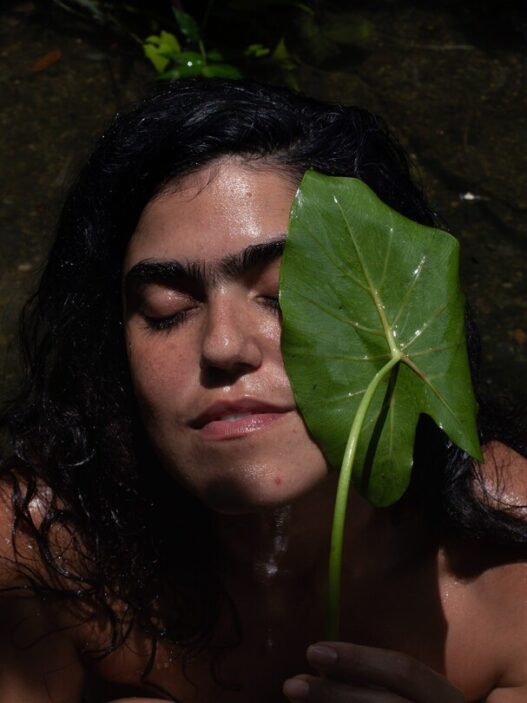
![View of Dineo Seshee Bopape: Born in the first light of the morning [moswara’marapo], Pirelli HangarBicocca, Milan, 2022. Courtesy of the artist and Pirelli HangarBicocca, Milan. Photo: Agostino Osio.](https://dailyart.news/wp-content/uploads/2022/10/dineo_seshee_bopape-527x703.jpeg)

